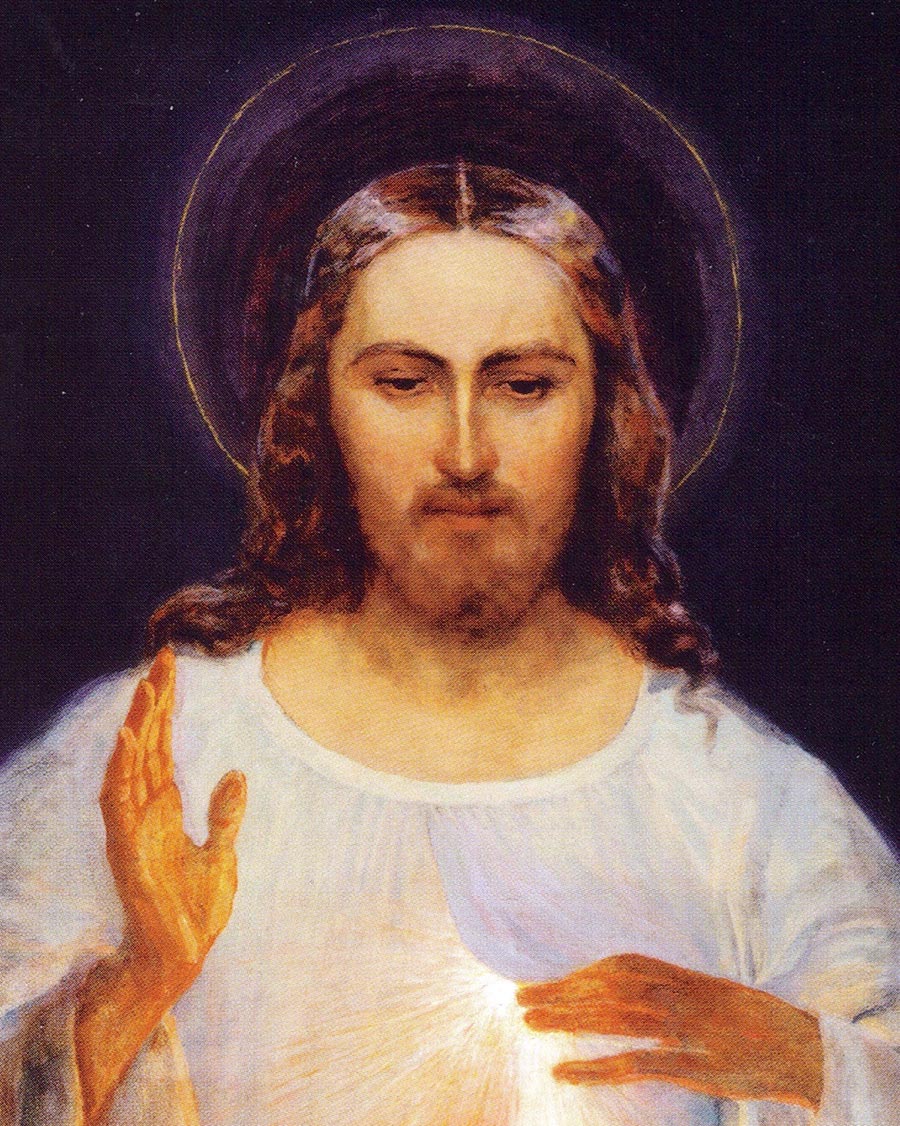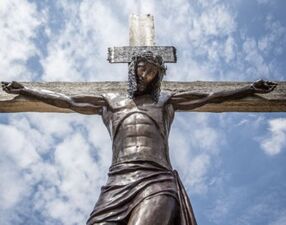TO WITNESS AND PROCLAIM THE GOSPEL
As Christians, we are all called to priestly and prophetic mission to share and proclaim the Gospel. We hope to share with others the good works of God in our lives and strive towards holiness through Mary and the Dominican Spirituality.


 RSS Feed
RSS Feed